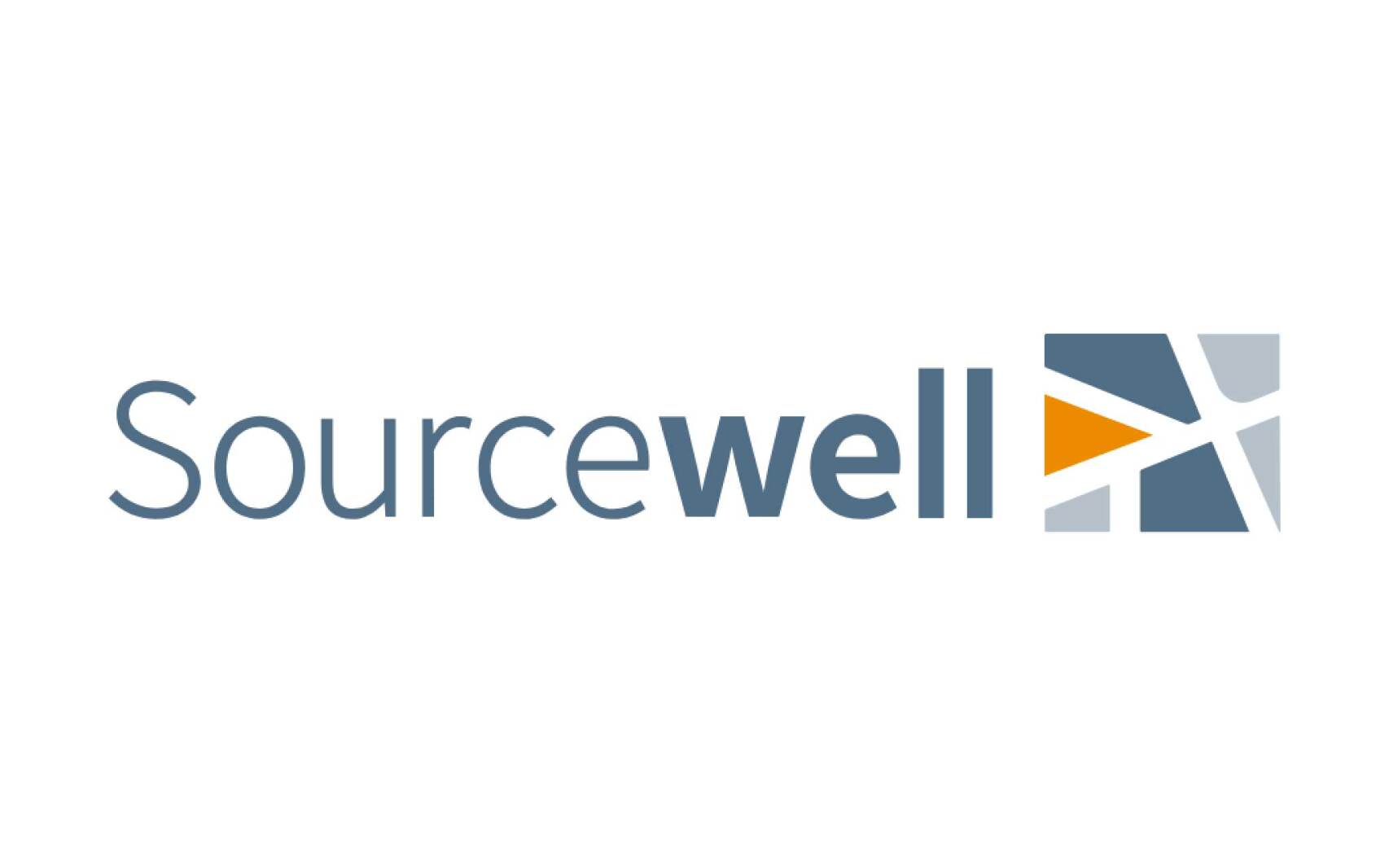
Ever wondered why there's a whole day dedicated to celebrating Speech and Language Pathologists (SLPs)? Well, May 18th is not just another day on the calendar; it's National Speech and Language Pathologist Appreciation Day! These unsung heroes play a pivotal role in helping individuals overcome communication and swallowing disorders, making profound impacts on lives. From toddlers struggling to say their first words to adults recovering from strokes, SLPs are there, guiding each step of the way. So, why do we set aside this day to honor them? Because their dedication and hard work deserve recognition and applause. Let's dive into the world of SLPs and uncover some fascinating facts about this special day.
Key Takeaways:
- National Speech and Language Pathologist Appreciation Day, on May 18th, celebrates the hard work of SLPs who help people with speech and language challenges, making a big difference in their lives.
- SLPs assist with various conditions and contribute to community health. Showing appreciation can be as simple as a thank you note or sharing success stories on social media.
What is National Speech and Language Pathologist Appreciation Day?
National Speech and Language Pathologist Appreciation Day, celebrated on May 18th, honors professionals dedicated to helping individuals overcome speech and language challenges. Speech and Language Pathologists (SLPs) play a crucial role in diagnosing and treating communication and swallowing disorders in people of all ages. This day recognizes their hard work, dedication, and the significant impact they have on improving quality of life for many.
Why Do We Celebrate SLPs on May 18th?
- May 18th serves as a day to acknowledge the profound contributions SLPs make in schools, hospitals, and private practices. Their expertise not only aids those with speech and language difficulties but also supports individuals with eating and swallowing problems. Celebrating on this specific date helps raise awareness about the importance of early detection and intervention in speech and language disorders.
The Impact of Speech and Language Pathologists
-
SLPs assist individuals with a variety of conditions, including stuttering, autism, hearing loss, and neurological disorders. Their interventions can lead to significant improvements in communication skills, enhancing both personal and professional lives.
-
Beyond individual therapy, SLPs contribute to community health by providing resources and support for families, educators, and healthcare providers. Their work ensures a more inclusive society where everyone has the opportunity to communicate effectively.
How to Show Appreciation for SLPs
-
A simple thank you note can mean a lot to an SLP. Acknowledging their hard work and the difference they make in lives is a powerful gesture of appreciation.
-
Sharing stories of progress and success on social media with a hashtag dedicated to the day (#SLPAppreciationDay) not only celebrates SLPs but also spreads awareness about the field.
-
Schools and healthcare facilities might host events or provide small tokens of appreciation, such as gift cards or lunches, to honor the SLPs they work with.
Educational Opportunities on May 18th
-
National Speech and Language Pathologist Appreciation Day also serves as an opportunity for educational institutions to highlight the career path for aspiring SLPs. Workshops, seminars, and informational sessions can inspire the next generation of professionals.
-
For those interested in joining the field, this day is perfect for networking with experienced SLPs. Many professionals are happy to share their journeys, offering insights into the challenges and rewards of a career in speech and language pathology.
A Nod to the Unsung Heroes
National Speech and Language Pathologist Appreciation Day shines a spotlight on the dedicated professionals who play a pivotal role in helping individuals overcome communication challenges. Celebrated on May 18th, this day is a reminder of the hard work, patience, and compassion that speech and language pathologists pour into their practice. Recognizing their contributions not only honors their commitment but also raises awareness about the importance of speech and language therapy in enhancing quality of life. So, let's take a moment to appreciate these unsung heroes who help voices to be heard, one word at a time. Whether through a simple thank you, a heartfelt note, or public acknowledgment, showing our gratitude makes a world of difference to those who dedicate their lives to helping others find their voice.
Frequently Asked Questions
Was this page helpful?
Our commitment to delivering trustworthy and engaging content is at the heart of what we do. Each fact on our site is contributed by real users like you, bringing a wealth of diverse insights and information. To ensure the highest standards of accuracy and reliability, our dedicated editors meticulously review each submission. This process guarantees that the facts we share are not only fascinating but also credible. Trust in our commitment to quality and authenticity as you explore and learn with us.


